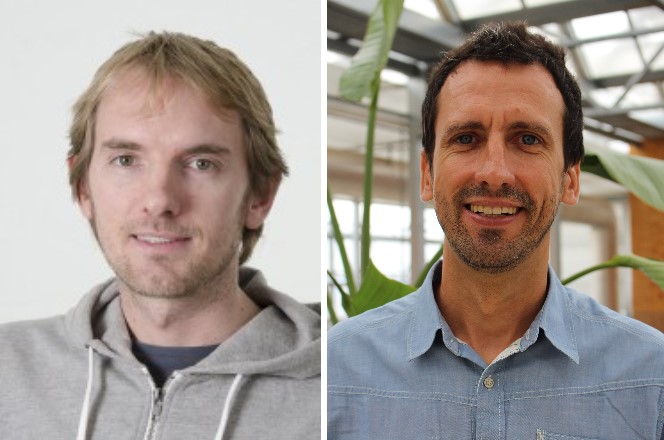Two ICTA-UAB academics named among the most cited researchers worldwide
Two researchers from the Institute of Environmental Science and Technology of the Universitat Autònoma de Barcelona feature among researchers with the world’s most highly cited papers. This year’s “Highly Cited Researchers” ranking by Clarivate Analytics lists Esteve Corbera and Erik Gómez-Baggethun.

The 2019 Highly Cited Researchers list, released November 19 by the Web of Science Group, identifies scientists and social scientists who produced multiple papers ranking in the top 1% by citations for their field and year of publication, demonstrating significant research influence among their peers.
The 2019 list includes 6,217 highly cited researchers in various fields from nearly 60 nations. The methodology behind the list draws on the data and analysis performed by bibliometric experts from the Institute for Scientific Information at the Web of Science Group.
A total of 3,517 researchers are recognized for their performance in the 21 ESI fields, and 2,492 for cross-field performance, for a total of 6,009 unique researchers, as some Highly Cited Researchers appear in more than one field. The full 2019 Highly Cited Researchers list and executive summary can be found here.
Esteve Corbera is listed in the cross-field category. This is the second year that researchers with cross-field impact —those with exceptional broad performance based on high impact papers across several fields— have been identified.
Esteve earned his PhD degree in Development Studies at the University of East Anglia (UK) and graduated in Environmental Sciences at the UAB. He also has an MSc in Natural Resources and Development (University of East Anglia) and a postgraduate course in Environmental Management (Universitat de Barcelona). Esteve studies human relationships with nature, and the impact of social, policy and environmental change on resource governance. His research main focus is the analysis of climate change mitigation/adaptation and biodiversity conservation programs, including climate-policy and biodiversity conservation related instruments, such as Reducing Emissions from Deforestation and Forest Degradation (REDD+) and carbon offset projects, as well as biofuels, and how these impact livelihoods in the global South and transform institutions and people’s behavior.
Erik Gómez Baggethun is listed in the Economics and Business field. He was born in Madrid in July 1980. He completed an Environmental Sciences Degree in the Autonomous University of Madrid (UAM), and obtained a Diplôme d'Etudes Universitaires Françaises at the École Supérieur Européen - Université Jean Moulin Lyon III (France). He completed his PhD in Ecology and Environmental Sciences at UAM, including being a visiting researcher at the Environmental Systems Analysis group of Wageningen University (The Netherlands), and at the Stockholm Resilience Centre (Sweden). His research interests are in ecological economics and political ecology, with a focus on integrated assessment of ecosystem services and resilience theory. More specifically, he focuses on frameworks for the accounting and valuation of ecosystem services, and on analysis of adaptive capacity to environmental change at the community level.